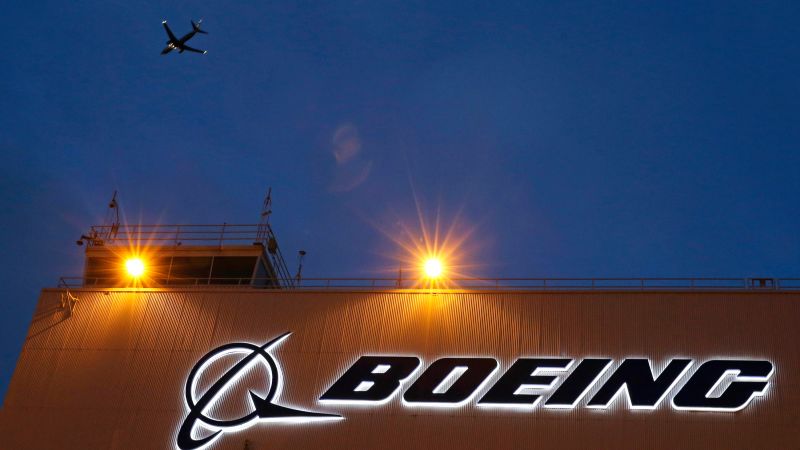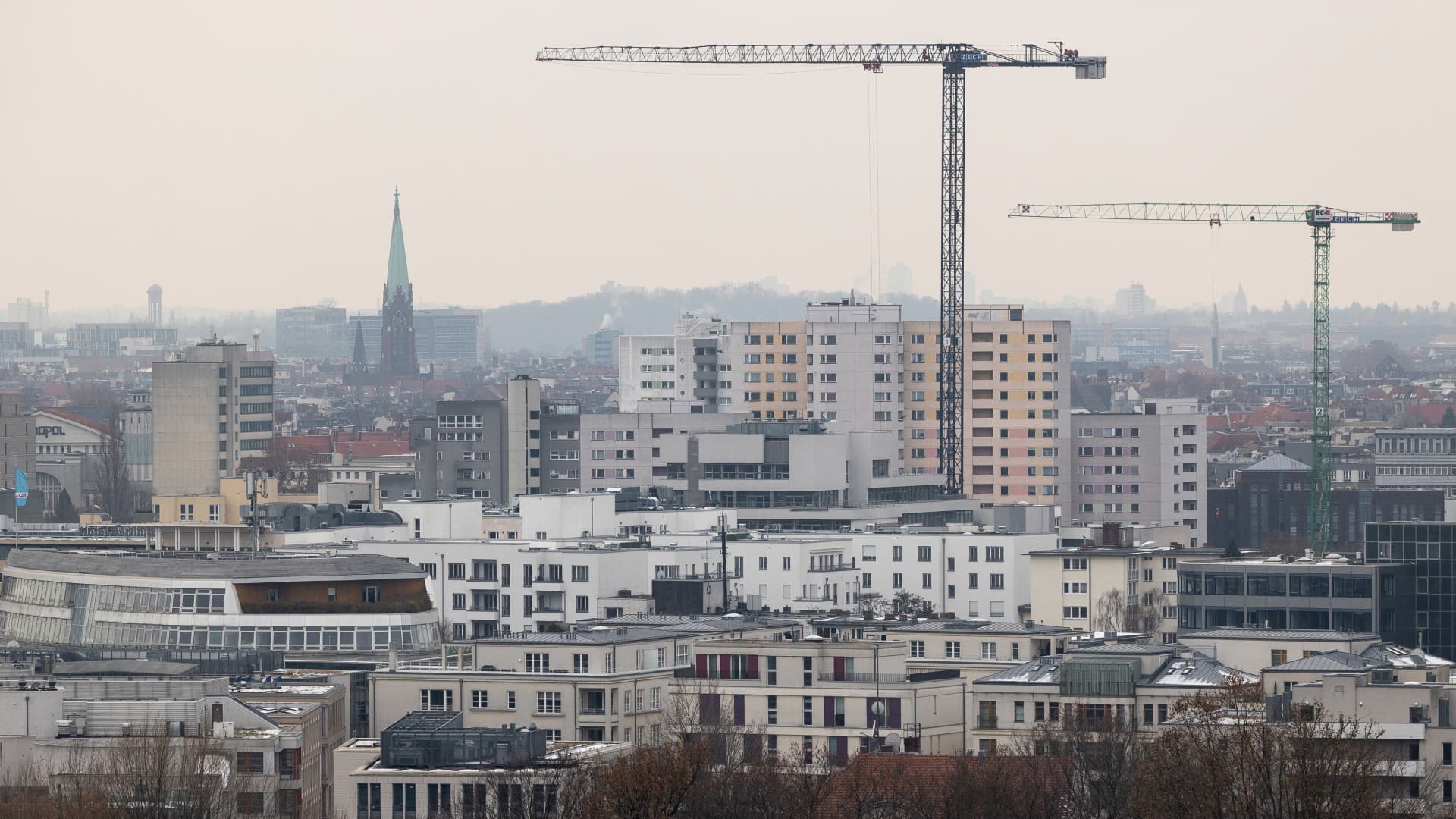It was a line from a long-ago speech. At a party conference in 2015, South Africa’s president, Jacob Zuma, was discussing the ruling African National Congress’s (ANC) membership counts when he came across a number that twisted his tongue. “Seven hundred and sixty-nine thousand, eight hundred and twenty-seveny members, down from one hundred and two million in 2012,” Zuma stated, attempting to read 769,870 from a piece of paper in front of him at the lectern. There was a lot of laughter in the audience and online. Now, six years later, that tongue-twister is giving material for jokes at a time when Zuma doesn’t have anything to laugh about. The man who ruled South Africa from 2009 to 2018 was sentenced to 15 months in prison by the country’s top court this week for refusing to cooperate with a corruption investigation into charges of wrongdoing during his time in office. In a tweet that is stirring up old memories, Nando’s, the South African restaurant company best known for its peri-peri chicken and fiery advertisements, poked fun at Zuma’s misfortune. “A lockdown we can all support,” stated the tweet. “Do not pass,” it continued in an attached photo. Go. Collect nothing. Seven hundred and sixty-nine million and eight hundred thousand. “It will be delivered in 5 days.” To clear up any confusion about who the tweet was about, the eatery included the hashtag #JacobZuma. In only a few lines, the tweet spoke a lot. The lockdown was in response to President Cyril Ramaphosa’s recent limitations aimed at controlling the spread of the extremely dangerous Delta variety that is now sweeping the country due to a sluggish distribution of coronavirus vaccines. The five-day delivery deadline refers to the amount of time Zuma has been allowed by the court to turn himself in before being arrested by the police. On Twitter, chaos reigned. Zuma, who still wields significant political power, has a sizable following. And many of them were not afraid to express their displeasure with the food chain’s antics. One person posted a video of themselves throwing away a Nando’s bag, claiming that the restaurant had lost “this one custome.r.” “This is why I quit eating at Nando’s; the restaurant is politically connected. Another person wrote, “They mendle (sic) in political narratives.” One stated that he would “deal” with Nando’s at an unspecified period. They continued to issue vague threats of retaliation and boycotts. Some recognized the humor in it, saying, “Let me go order Nandos.” “I see Zuma fans catching feelings,” says the narrator. This isn’t Nando’s first foray into the world of scandal. Not long after Libyan dictator Muammar Gaddafi was assassinated in 2011, it launched an advertisement titled “Last Dictator Standing.” In 2017, a campaign dubbed “We Can Fix Our S#*t” was launched as a criticism on the status of corruption in South Africa. Zuma was president at the time the commercial aired. In 2018, Doug Place, the chain’s chief marketing officer in South Africa, explained why the company’s advertisements frequently address current events. “We take satisfaction in contributing to conversations and igniting debate on all pertinent public-interest issues. This conversation frequently involves leaders, individuals, and organizations who pose a threat to the hard-won freedoms we enjoy as a country today, and are thus subject to public scrutiny,” Place added. Chicken firms’ controversial advertisements are also common in South Africa. A commercial by fast-food brand Chicken Licken depicting a Black man discovering a foreign continent in the 17th century and dubbing it “Europe” was prohibited by the Advertising Regulatory Board of South Africa, an industry regulator, in 2018. Although it was a parody of colonialism, the regulator said it “trivializes an issue that is…upsetting for many South Africans.” Regardless of his controversial tweets from a poultry company, Zuma’s imprisonment marks a watershed event in South Africa’s post-apartheid history. There is a widespread perception in the country that politicians who dip their hands into the till face no consequences. Zuma’s punishment serves as a reminder that no one is above the law. The former president’s chickens have come home to roost. Sign up for the Quartz Africa Weekly Brief and get the latest news and analysis on African business, technology, and innovation delivered straight to your inbox.
Continue reading





